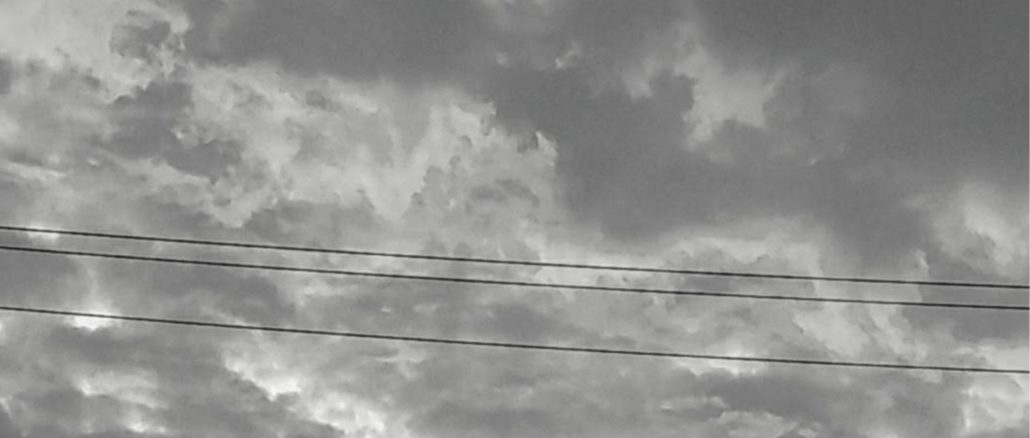
A Toronto-based songwriter, instrumentalist, composer and producer, whenthecitysleeps creates a new take on ‘late night vibes’, blending cinematic synths with modern pop. Drawing inspiration from youthfulness, whenthecitysleeps will leave you feeling like you’re in a dream. Whatever your story, whoever you are, her music invites you to enjoy the moment.
Artist statement: The featured songs are from my EP set for release early 2021. I wanted to challenge myself to write a cohesive story without the use of words. Each song represents a piece of my life and put together, they create a statement of discovery. I gravitate towards combining synths with acoustics; this is a common thread between all the songs. I like the idea of having to be mindful of the contrasting sounds.
My goal for this EP was to show the beauty in simplicity. I wanted my songs to be a blank canvas so that listeners can take them and fit them into their own stories. As an artist, I think the best part of letting others interpret your work is that no two people will ever see it the same way.
My songs differ from typical pop because I believe that it’s important to challenge how we define music. I take pride in my style being different knowing that I get to create an entirely new path.
INTERVIEW
What does countercurrence mean to you, and what is it like to make music when you are outside those mainstream voices that are usually given a platform?
To me, countercurrence means paving a new path. In terms of making music as a POC artist, I wish there wasn’t a distinct countercurrence to begin with, but as there is, it simply means not having to pave the path alone. There’s a community and allies helping.
Living in Toronto, there are many opportunities open to a diversity of people, which I’m very appreciative of; however I understand that this is not the situation everywhere. I’m thankful to have institutions uplifting marginalized voices. I typically enjoy a challenge and would not be bothered by countercurrence in any other context, but unfortunately, I am impacted by the countercurrence against BIPOC artists. At times, my identity has made me question where I see myself in this industry because I’ve had so few artists to look up to. Growing up, music was not something done by an Asian-Canadian.
When I see spaces designed to uplift BIPOC artists, I feel like it’s “just because” of the movement these past few months. I don’t want to see institutions who are amplifying BIPOC voices because it’s a trend. I look for those who are educating themselves, appreciating real talent and striving to do better. Making music in countercurrence means having to consider which platforms you allow yourself to be part of, obsessing over how your image is perceived and how other will receive your music. We have to consider all these factors that mainstream voices may never think of in the context of race.
Would you always have turned to music as an important avenue through which you express your BIPOC identity? Or have you always found ways to do this, which happen to include music?
When I first started in the industry, I wasn’t as educated as I am now about BIPOC identities. I didn’t even know that I fit into the community. It has never been important for me to express my POC identity through music, however as my platform grows, it is extremely important to me that I use it to uplift BIPOC-identifying people.
I like to say that music is a piece of me; not all of me. The things I choose to express through music are common emotions like love or heartbreak or freedom. I’ve found other way to express my BIPOC identity that are not music-related. Nevertheless, as I do have a voice and platform, I feel some responsibility to use them in impactful ways. My music doesn’t have to be about being a POC, but I’m constantly realizing that the opportunities attached are valuable places to continue educating others.
What are the differences or similarities you perceive in online and physical music communities, especially when our relationship to proximity has been indelibly altered?
The online versus physical music communities are extremely different. When I’m sharing posts on social media or advocating online, I feel a sense of invincibility. I can say whatever I want and easily brush off judgement. Then, the next day, I might find myself on a Zoom call and struggle to say the same things I did on social media because now I have to directly interact with other people and potentially face criticism.
I’ve noticed that the same things happen in the music community. I could share my POC identity easily on digital platforms, but to do the same in-person would leave me a bit hesitant. There is still much work that needs to be done to create spaces for the BIPOC community. We shouldn’t have to alter our authentic messages from social media to fit into a physical community.
Do you believe in breaking down the barriers that have long kept BIPOC musicians away from the same opportunities as their white peers, or should BIPOC musicians be looking beyond those traditional guidelines to success?
The great thing about this new era of music that we’re entering is that there are so many ways to succeed. We no longer have to rely on record labels or finding management. As the industry changes, so do the barriers for BIPOC musicians.
Personally, I do believe that we are capable of looking beyond the traditional guidelines, however it is also important to acknowledge and destroy barriers. Even if no BIPOC musician chose the traditional route, it’s still important that the industry recognizes where it is at fault and ensures that barriers don’t come back.
A new trend in music is going “indie” or having full control over your artistic productions. Personally, I think this is going to be the biggest test for all institutions affiliated with the entertainment industry. When musicians are given control to their platforms, who are the big companies going to represent? They have the choice to repeat their past mistakes or to restart and choose diversity right from the beginning. While I’ve noticed improvement in BIPOC representation over the past year, this doesn’t mean that we can stop creating space. There is still work to be done and this decade of music will define the top of the entertainment industry.
If you had to solely choose between walking in the legacy of a musician/musical tradition you admire, or forging your own path and inspiring others yourself, which would it be, and why?
I’m all about working hard and taking on challenges. I would definitely choose to forge my own path and inspire others. There’s something rewarding to me about building a platform uniquely and distinctly yours. I can appreciate following the legacy of another musician, but I want to create my own. Being my own authentic artist has been my brand and goal since day one. I don’t plan on changing that.
Volume 1: Petrichor
About the Album
This first volume of The Nasiona’s music series encapsulates all the glorious highs and the searing lows of navigating the world as an empathetic, curious individual. The works contained in this volume — from mournful piano compositions, dazzling spoken word, spellbinding vocal layered-songs, to beautiful instrumentals — express the intricacies of being an artist of color in a too-often indifferent world; and like the scent that lingers long after the downpour, these masterpieces ask you to sit awhile, to close your eyes, to pay attention.
MUSICAL ARTISTS
ALBUM PRODUCERS
Music and oral narrators have always told stories that are as powerful, as moving as personal essays, and we at The Nasiona want to honor these tradition. For the second compilation audio volume of our BIPOC Music + Spoken Word Series, we seek submissions of tracks that align with our vision of centering, elevating, and amplifying Black, Indigenous, and People of Color, shedding light on neglected and intersectional identity experiences, while also celebrating our beauty, intelligence, creativity, and joy.
Whether you record your music or spoken word professionally, or whether you have gone the DIY way throughout; whether you are an emerging indie artist, or have never released a track or album; or whether you have simply felt overlooked by the mainstream musical landscape: we believe in your voice, your story, and your talent; and we want your work!
Tell us about growing up as a third culture kid, about living through trauma, about being misgendered, about slice-of-life instances of resolution. Tell us about your elations, your sorrows, your moments of quiet tenacity, your rallying cries of rage. Send us a track (or two, or three!) that tells a story, whether in words or through instrumentals. If it matters to you, it deserves a platform.
All genres and languages are welcome. If you identify as BIPOC, we want to showcase your work and profile you.
We can’t wait to experience to your work!
Note that we are here to center, elevate, and amplify your work. You keep all the rights to your work.
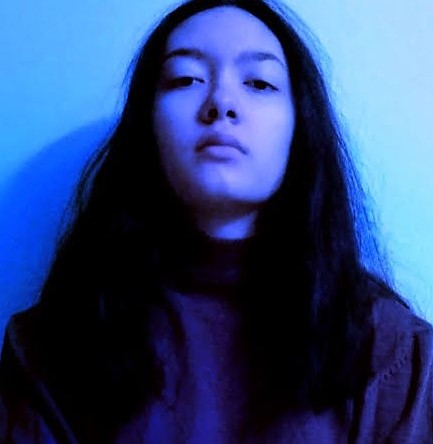

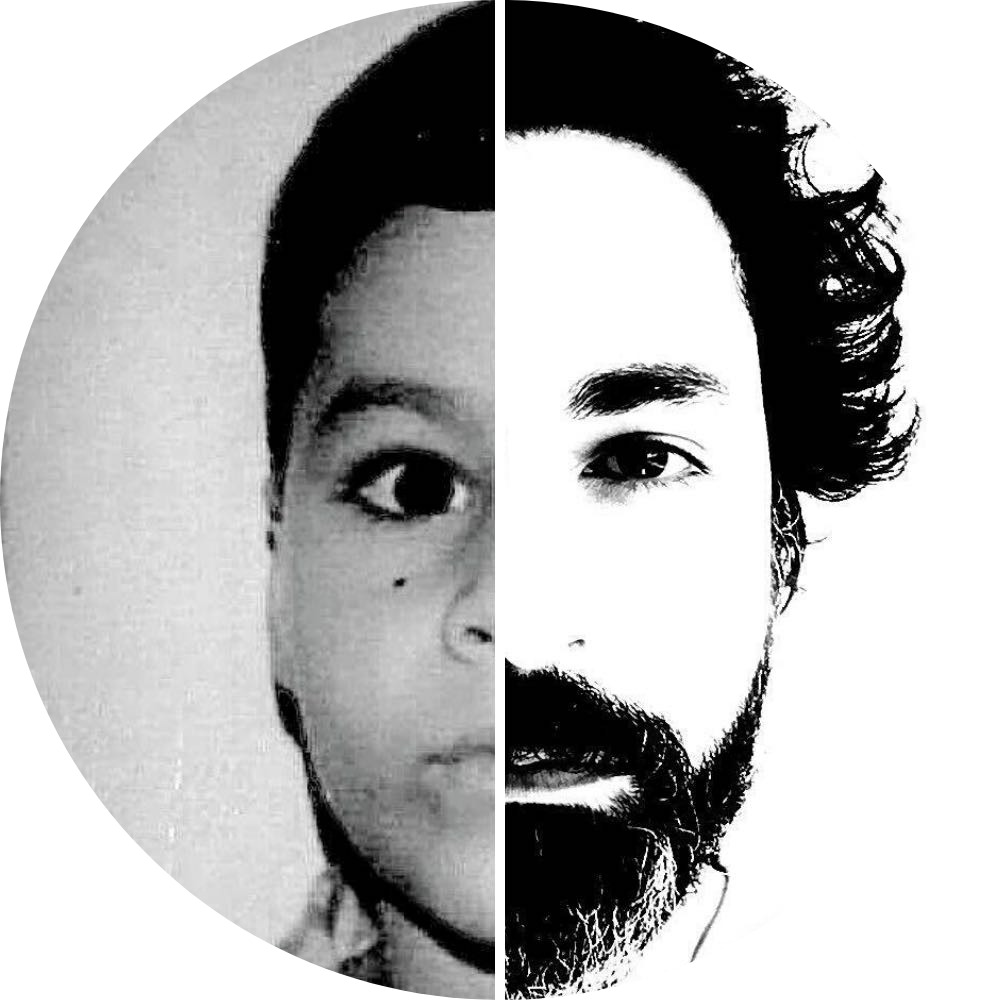
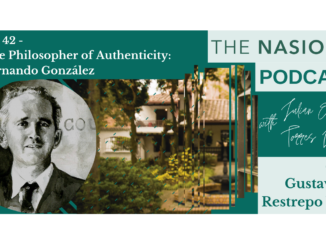
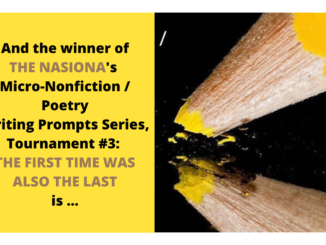
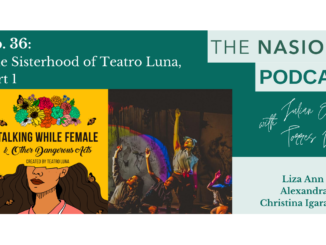
15 Trackbacks / Pingbacks
Comments are closed.